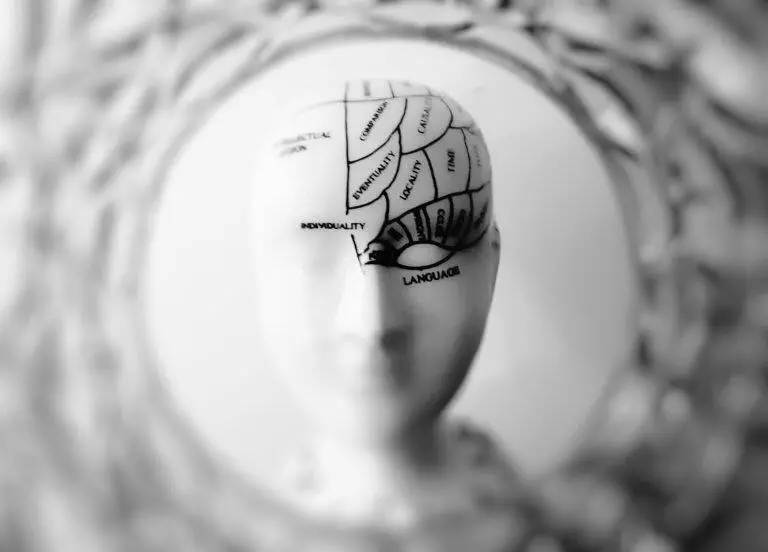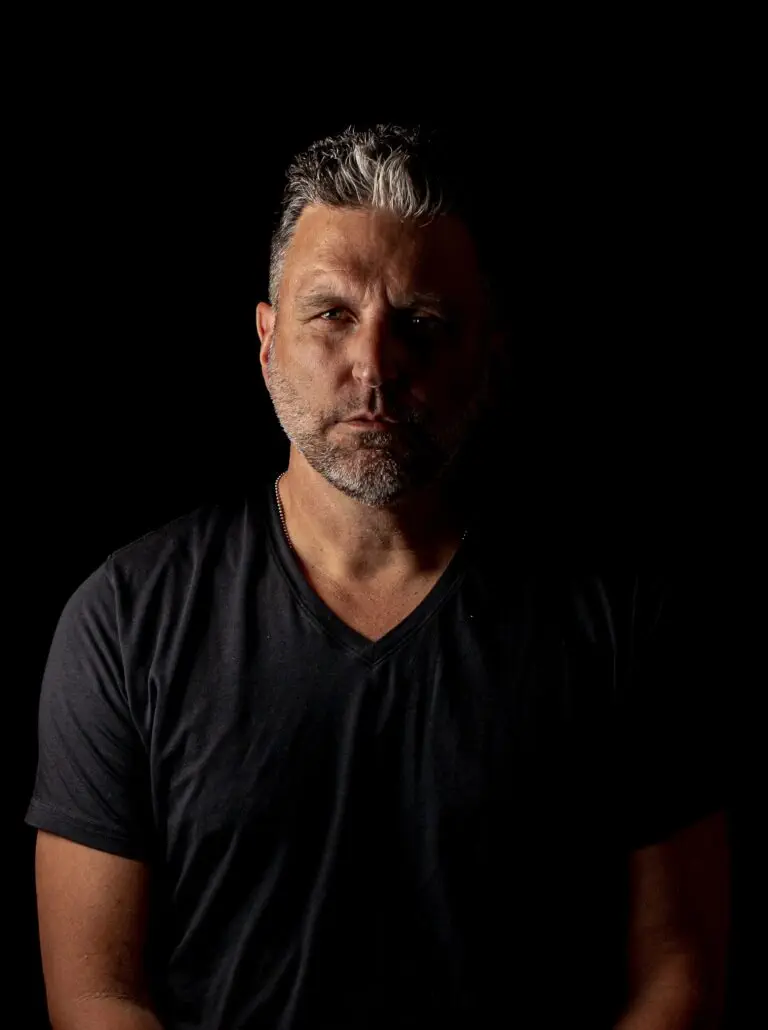“There is no timestamp on trauma. There is not a formula that you can insert yourself into to get from horror to healed. Be patient. Take up space. Let your journey be the balm.”
TreatmentPTSD can impact various areas of your life, but recovery is possible. Treatment for PTSD at Maui Recovery involves evidence-based therapies like cognitive-behavioral therapy (CBT), experiential therapies, and mindfulness practices.
Our holistic approach aims to alleviate trauma’s impact, fostering healing, resilience, and personal growth amidst the stunning, tranquil surroundings of our Hawaiian recovery center.
Effective & Personalized PTSD Treatment in Hawaii
Discover effective treatment for PTSD in the calming and beautiful environment that Hawaii is so well known for. Your journey will be tailored to your unique needs and guided by our dedicated team at Maui Recovery. We understand the profound impact of trauma on your physical and emotional well-being, which is why we approach your care with empathy and expertise.
Utilizing a trauma-informed approach, we create a safe and supportive environment where you can explore healing and growth. Our skilled clinicians are trained to address the unique needs and sensitivities of individuals navigating the effects of trauma, ensuring that your treatment is personalized and effective.
At our luxurious inpatient residential facility, nestled amidst the serene beauty of Hawaii, you’ll find a tranquil sanctuary for your healing journey. Our retreat-like atmosphere provides a peaceful backdrop for lasting recovery, allowing you to focus on your well-being in comfort and serenity.
With stunning amenities and cozy accommodations, you’ll have the space and support you need to engage fully in your treatment and embrace your journey towards healing and renewal. Contact us today to learn more about how we can help you overcome PTSD and reclaim your life.
What is Post-Traumatic Stress Disorder?
Understanding Post-Traumatic Stress Disorder (PTSD) entails recognizing its profound impact on mental health, often triggered by experiencing or witnessing a traumatic event. Such events encompass a wide spectrum, including natural disasters, severe accidents, combat violence, sexual assault, or any situation posing a threat of severe injury or death.
Individuals with PTSD often grapple with distressing symptoms, such as vivid and intense recollections of the traumatic event through memories, nightmares, or flashbacks. These intrusive experiences can disrupt daily life and evoke profound emotional distress.
Those affected by PTSD may also experience feelings of guilt, detachment from loved ones, and a loss of interest in previously enjoyed activities. Left untreated, PTSD can significantly impair physical, emotional, and spiritual well-being, exerting lasting effects on an individual’s overall quality of life.
Early intervention is paramount in mitigating the long-term health complications associated with PTSD. Our clinical team at Maui Recovery offers a compassionate and comprehensive PTSD treatment program, tailored to address the unique needs of each individual. If you or someone you know is struggling with PTSD, we encourage you to reach out today to begin your journey toward healing, health, and wellness.
What Are the Signs of PTSD?
Recognizing the signs and symptoms of Post-Traumatic Stress Disorder (PTSD) is crucial for early intervention and effective treatment. In adults, a diagnosis of PTSD typically requires experiencing the following symptoms persistently for at least one month:
- Re-experiencing symptoms: This may include distressing memories, nightmares, or flashbacks of the traumatic event, often feeling as vivid and intense as when the event initially occurred.
- Avoidance symptoms: Individuals may actively avoid reminders of the traumatic event, such as places, people, activities, or conversations that evoke distressing memories.
- Arousal and reactivity symptoms: This can manifest as heightened arousal or reactivity, including irritability, anger outbursts, difficulty sleeping, hypervigilance, or an exaggerated startle response.
- Cognition and mood symptoms: Individuals may experience negative changes in thinking patterns or mood, such as persistent negative beliefs about oneself or the world, distorted blame or guilt, feelings of detachment or estrangement from others, or persistent negative emotional states.
However, it’s important to note that children may exhibit PTSD symptoms differently than adults. Some common signs of PTSD in children may include:
- Regression: Reverting to behaviors they had outgrown, such as wetting the bed after having learned to use the toilet.
- Communication difficulties: Forgetting how to speak or being unable to articulate their thoughts and feelings.
- Re-enactment: Actively replaying or acting out the traumatic event during playtime or other activities.
- Attachment issues: Being unusually clingy with a parent or other trusted adult, seeking comfort and reassurance more frequently than usual.
Recognizing these signs and symptoms in both adults and children is essential for early identification and intervention. If you or someone you know is experiencing symptoms of PTSD, it’s important to seek professional help from a qualified healthcare provider or mental health specialist. Early intervention can lead to effective treatment and improved quality of life.
What Causes PTSD?
Understanding the diverse manifestations of trauma is crucial, as its effects can vary based on individual experiences, personal history, and other contributing factors. By understanding the factors contributing to PTSD, we can offer more effective treatment. Experts have identified several distinct types of trauma, each with its own unique characteristics:
- Acute Trauma: This involves a single, often sudden, and profoundly distressing event, such as a physical assault, car accident, or natural disaster. These incidents can evoke immediate fear and distress in the individual.
- Chronic Trauma: Chronic trauma entails ongoing exposure to traumatic or stressful situations, such as sustained neglect, abuse, or residing in an environment fraught with danger, such as a war zone or experiencing domestic violence.
- Developmental Trauma: Occurring during critical stages of development, developmental trauma can significantly hinder an individual’s growth and maturation. Childhood trauma experienced during pivotal developmental periods poses a heightened risk for this type of trauma.
- Complex Trauma (C-PTSD): Complex trauma, also known as C-PTSD, emerges from prolonged and repetitive exposure to traumatic events, often spanning across childhood. It can profoundly impact the nervous system and is frequently observed in individuals who have endured prolonged abuse, neglect, or extended periods of conflict or violence.
Additionally, researchers have identified other types of trauma, each characterized by distinct symptoms, diagnostic criteria, and treatment approaches. These include:
- Secondary Trauma (Vicarious Trauma): Resulting from indirect exposure to traumatic events, often experienced by individuals who work closely with trauma survivors, such as healthcare professionals or first responders.
- Systemic or Institutional Trauma: Arising from systemic oppression, discrimination, or violence embedded within societal structures and institutions, such as racism, sexism, or institutional abuse.
- Medical Trauma: Stemming from distressing experiences within medical settings, such as serious illness, medical procedures, or adverse medical outcomes.
- Military Trauma: Unique to military personnel, military trauma encompasses exposure to combat situations, deployment-related stressors, and the psychological toll of military service.
Recognizing the nuances of trauma and PTSD is essential for accessing specialized care and support. Our compassionate team at Maui Recovery offers trauma and PTSD treatment programs tailored to individual needs.
PTSD Statistics in the US
Understanding the prevalence of PTSD in the United States population provides valuable insight into the scope of the condition and underscores the importance of access to appropriate support and treatment for those affected.
Following a traumatic event, the majority of individuals do not develop PTSD.
Approximately 6 out of every 100 individuals in the United States, or 6% of the population, will experience PTSD at some point during their lives. It’s important to note that many individuals with PTSD will eventually recover, no longer meeting the diagnostic criteria for the disorder after receiving treatment. Thus, this statistic includes individuals who have experienced PTSD at any time in their lives, even if their symptoms have since subsided.
On an annual basis, about 5 out of every 100 adults in the U.S., constituting 5% of the population, are diagnosed with PTSD. In 2020, this equated to approximately 13 million Americans living with the condition.
Women are statistically more likely to develop PTSD than men. Approximately 8 out of every 100 women, or 8% of the female population, will experience PTSD at some point in their lives. In comparison, around 4 out of every 100 men, or 4% of the male population, will develop PTSD. This discrepancy is partially attributed to the types of traumatic events that women are more likely to encounter, such as sexual assault, in contrast to men.
Maui Recovery’s Holistic Treatments for PTSD
Our holistic approach to PTSD treatment in Hawaii recognizes the complex, multifaceted nature of trauma, combining evidence-based therapies, such as:
- Cognitive behavioral therapy (CBT)
- Mindfulness-based stress reduction (MBSR)
- Dialectical behavior therapy (DBT)
- Equine therapy
Our integrated approach addresses not only your symptoms but any underlying causes contributing to your distress, cultivating a more comprehensive and lasting recovery.
We aim to empower you to reclaim your life and rebuild a foundation for lasting resilience, healing, and empowerment despite what you may have been through.
Learn More About PTSD Treatment in Hawaii
With over a decade of commitment to client care, Maui Recovery has been steadfast in providing specialized treatment to individuals and families on the path to recovery from trauma and various other mental health conditions. Our customized programs in Hawaii are built upon the foundational belief in every individual’s innate capacity to heal. We focus on empowering our clients by fostering self-compassion, nurturing meaningful relationships, and guiding the exploration of a renewed sense of purpose in our client’s lives.
To learn more about our PTSD treatment program, contact our recovery center for further assistance.
We are here and ready to help.



















